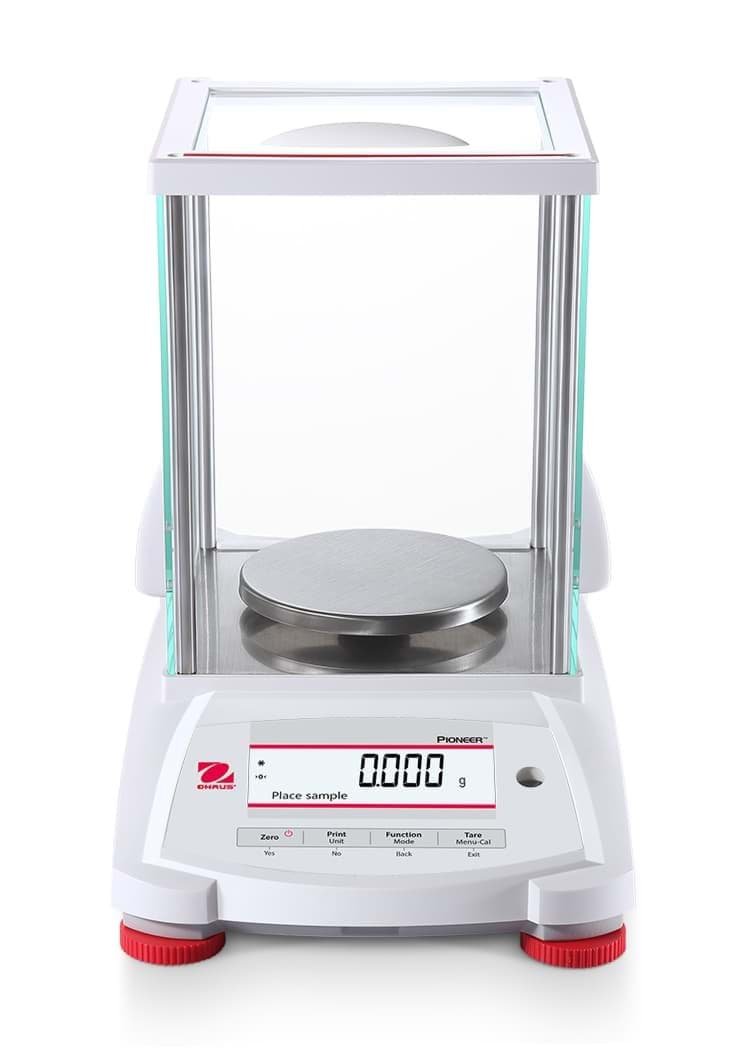In the scientific and industrial realms, accurate and precise measurements are fundamental for reliable research, experimentation, and quality control. The utilization of advanced weighing instruments plays a pivotal role in achieving precise results. Among these instruments, analytical balances and precision balances are highly regarded for their exceptional accuracy and sensitivity. This article aims to explore the significant differences between these two types of balances, shedding light on their unique features and applications.
Understanding Analytical Balances:
Analytical balances are renowned for their exceptional precision, capable of weighing with utmost accuracy. These highly sensitive instruments are designed to measure small mass differences, typically within the sub-milligram range. Analytical balances often employ electromagnetic force restoration or strain gauge technology to detect and measure the gravitational force acting on an object. They utilize enclosed weighing chambers to minimize the influence of external factors like air currents, humidity, and electrostatic charges, which could affect measurement accuracy.
Key Features of Analytical Balances:
Sensitivity: Analytical balances are designed to measure minute variations in mass, often capable of providing readings with a resolution of 0.1 milligram (or even better). This level of sensitivity makes them suitable for precision-centric applications such as pharmaceutical research, chemical analysis, and forensic investigations.
Calibration: Due to their high precision nature, analytical balances require frequent calibration to ensure accurate results. Regular calibration is necessary to account for changes in environmental conditions, such as temperature fluctuations or gravitational variations at different locations.
Setting up a calibration schedule for your scale can save a lot of time and prevent potential downtime due to inaccurate measurements. American Scale has calibration programs for all scale types and sizes.
Draft Shields: Analytical balances are typically equipped with draft shields, transparent enclosures that safeguard the weighing chamber from external interferences. These shields minimize air currents, dust particles, and other contaminants that could affect the measurement accuracy.
Exploring Precision Balances:
Precision balances, although similar in functionality to analytical balances, differ primarily in their weighing capacity and resolution. They are designed for applications that require accurate measurements within a wider range, generally from a few milligrams to several kilograms. Precision balances maintain a balance between sensitivity and capacity, making them suitable for applications in laboratories, manufacturing, and industrial settings. Since precision balances are extremely delicate, avoiding anything that could disrupt the measurement is the best practice.
Key Features of Precision Balances:
Weighing Capacity: Precision balances have a significantly higher weighing capacity than analytical balances, often ranging from a few grams up to tens of kilograms. This increased capacity enables the weighing of larger samples or bulk quantities.
Resolution: While precision balances sacrifice some sensitivity compared to analytical balances, they still provide high-resolution readings, typically within the 0.01-gram range. This level of accuracy is sufficient for many laboratory and industrial applications where precise measurements are necessary but not as critical as in analytical research.
Versatility: Precision balances find extensive applications in diverse fields, including research and development, production, quality control, and educational institutions. Their versatility allows for weighing a wide range of materials, from chemicals and powders to larger objects or containers.
Selecting the Right Balance for the Job:
Choosing the appropriate balance depends on the specific requirements of the weighing task. Factors to consider include the desired weighing capacity, level of precision needed, environmental conditions, and budget constraints. Analytical balances excel in applications demanding the utmost accuracy, where samples are limited or require higher sensitivity, while precision balances are better suited for larger quantities and less critical measurements.
Closing words
Analytical balances and precision balances serve as indispensable tools for accurate weighing in scientific, industrial, and educational contexts. Understanding their key differences enables researchers, analysts, and professionals to make informed decisions when selecting the most appropriate balance for their specific needs. Whether it's delicate analytical research or routine weighing tasks, these precision instruments contribute significantly to the pursuit of precision and reliability in diverse fields of study and industry.



